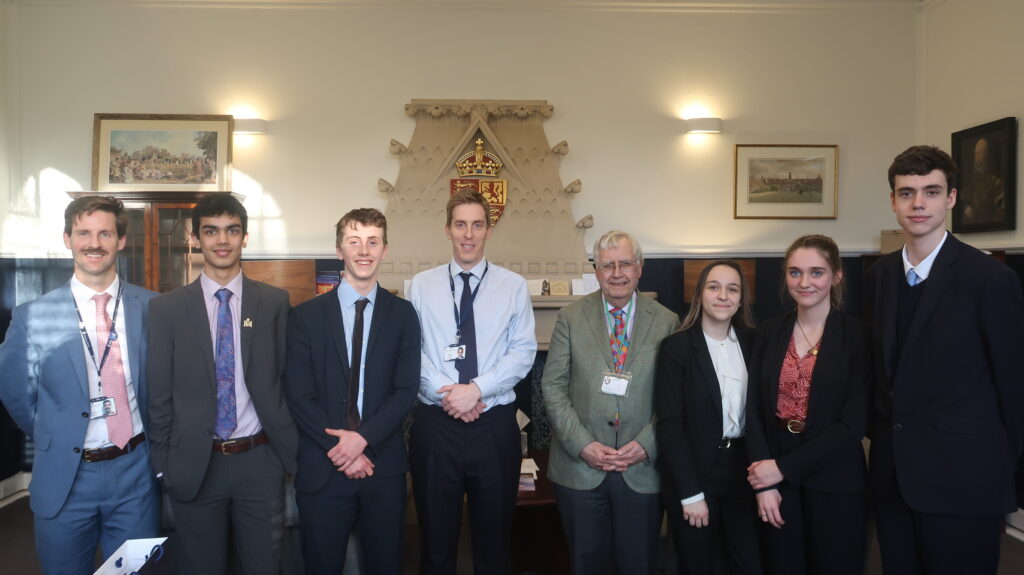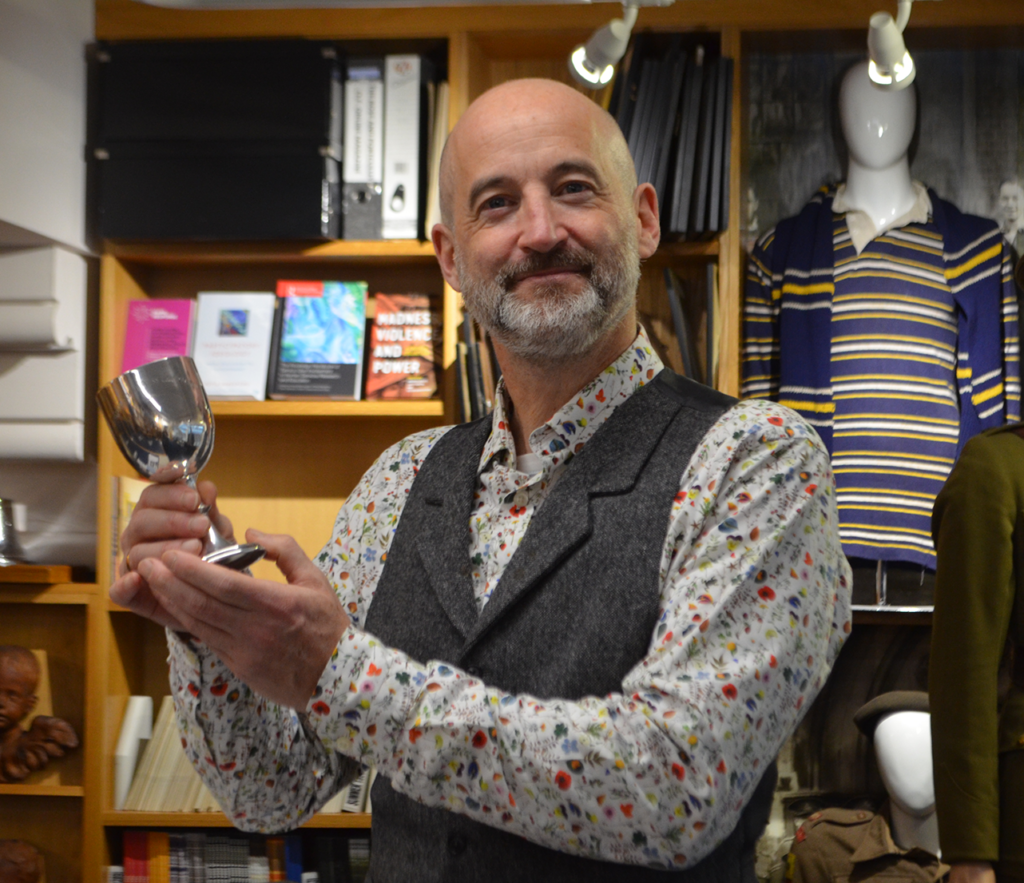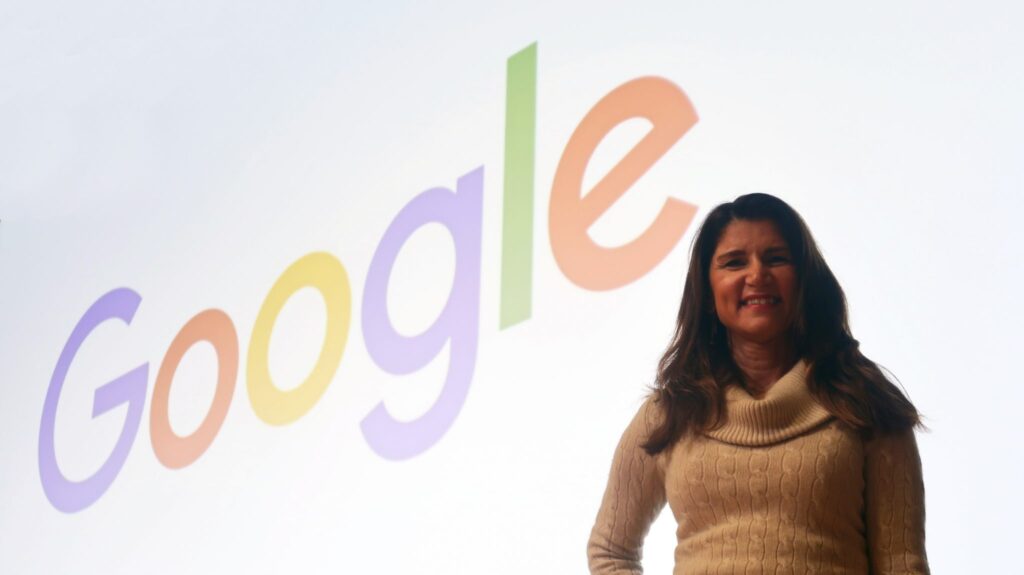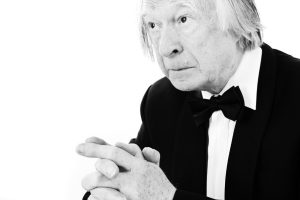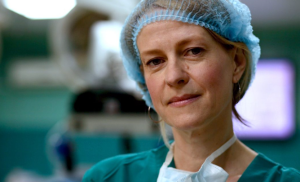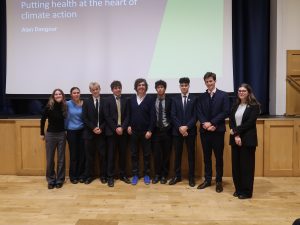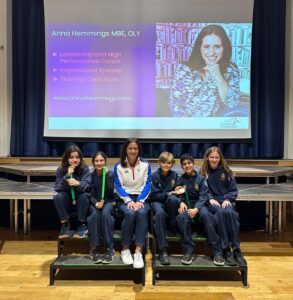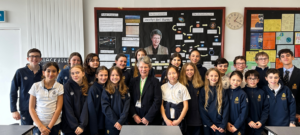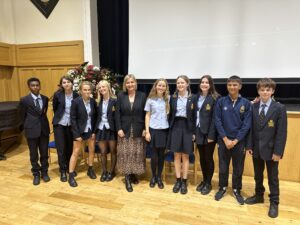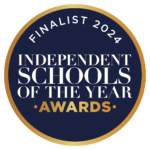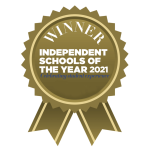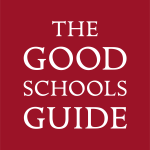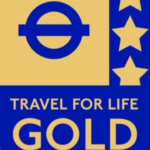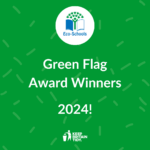The Goddard lectures offer pupils an opportunity to hear from individuals who are expert in their field, aiming to promote a high level of academic and professional engagement from pupils, promoting bright minds, innovative thinking and gritty determination.
They are named after one of our most distinguished alumni, Professor Peter Goddard, CBE FRS, who remains a good friend to Emanuel School. He is a mathematical physicist who works in string theory and conformal field theory. After Emanuel, he was educated at the University of Cambridge, where he was a professor in the Department of Applied Mathematics and Theoretical Physics, founding deputy director of the Isaac Newton Institute for Mathematical Sciences and, until 2004, Master of St John’s College. After serving as Director of the Institute for Advanced Study at Princeton University from 2004 to 2012, he is now a professor in the Institute’s School of Natural Sciences, where he has kindly and enthusiastically hosted us on recent visits to Lawrenceville School and Princeton.
